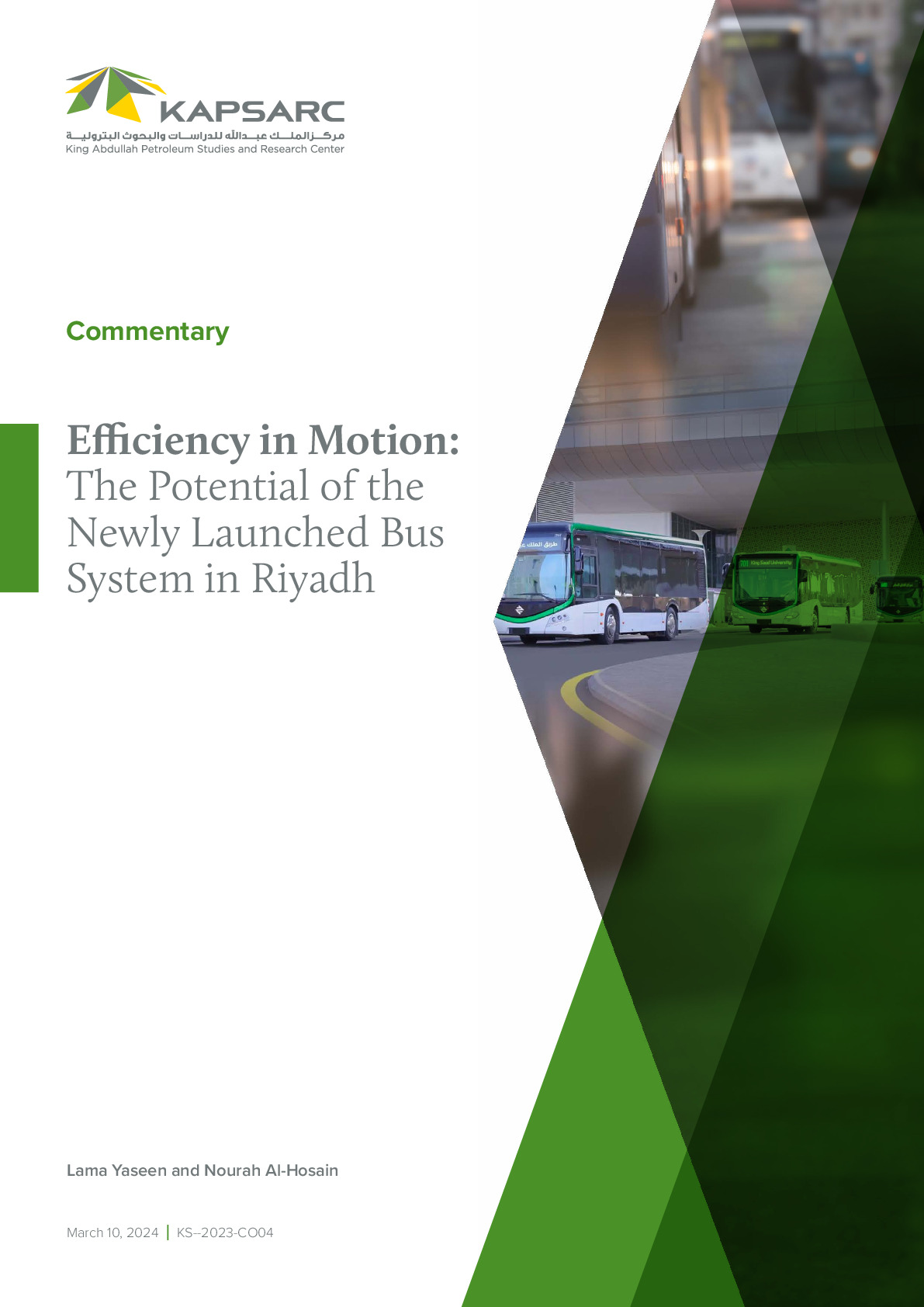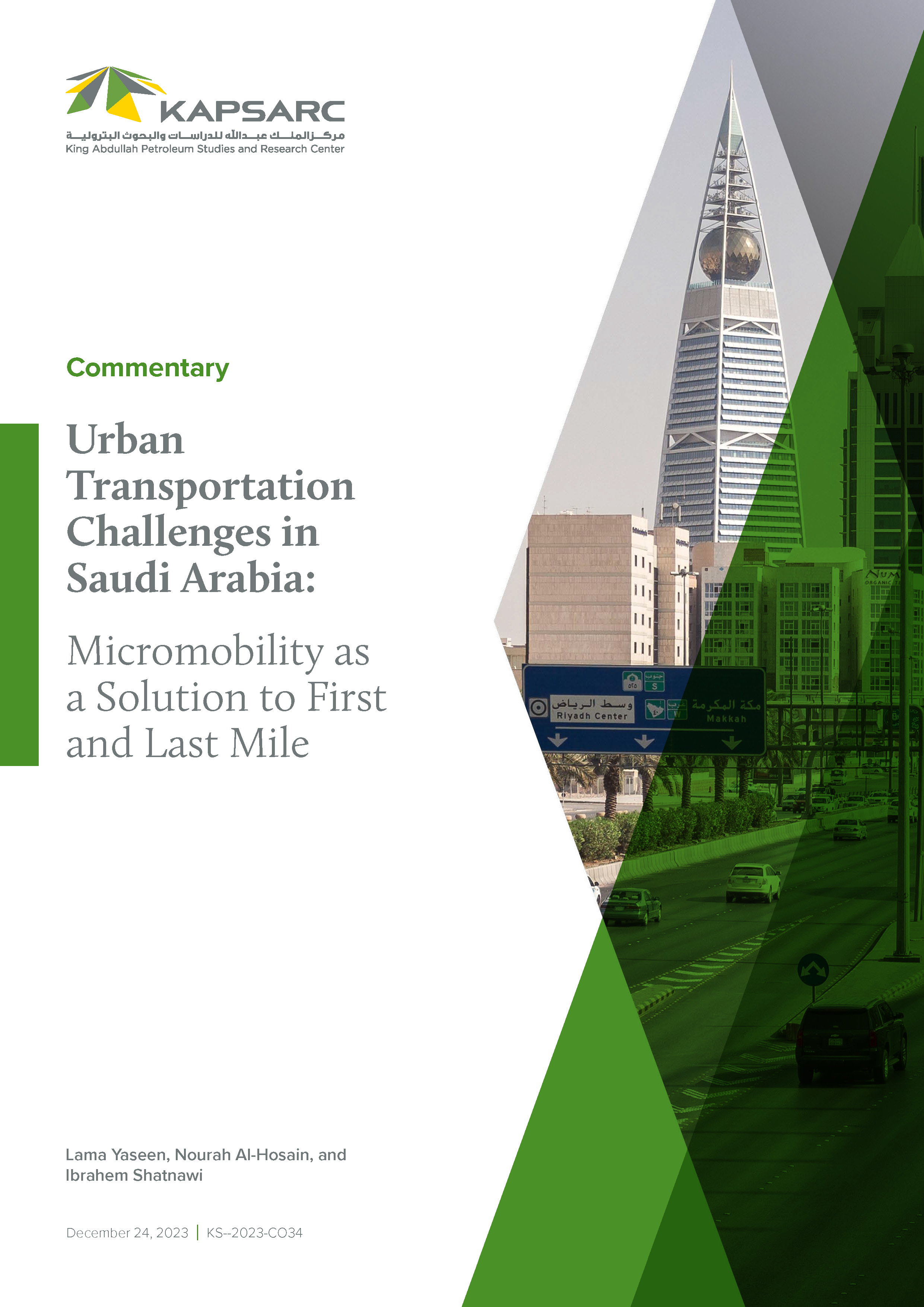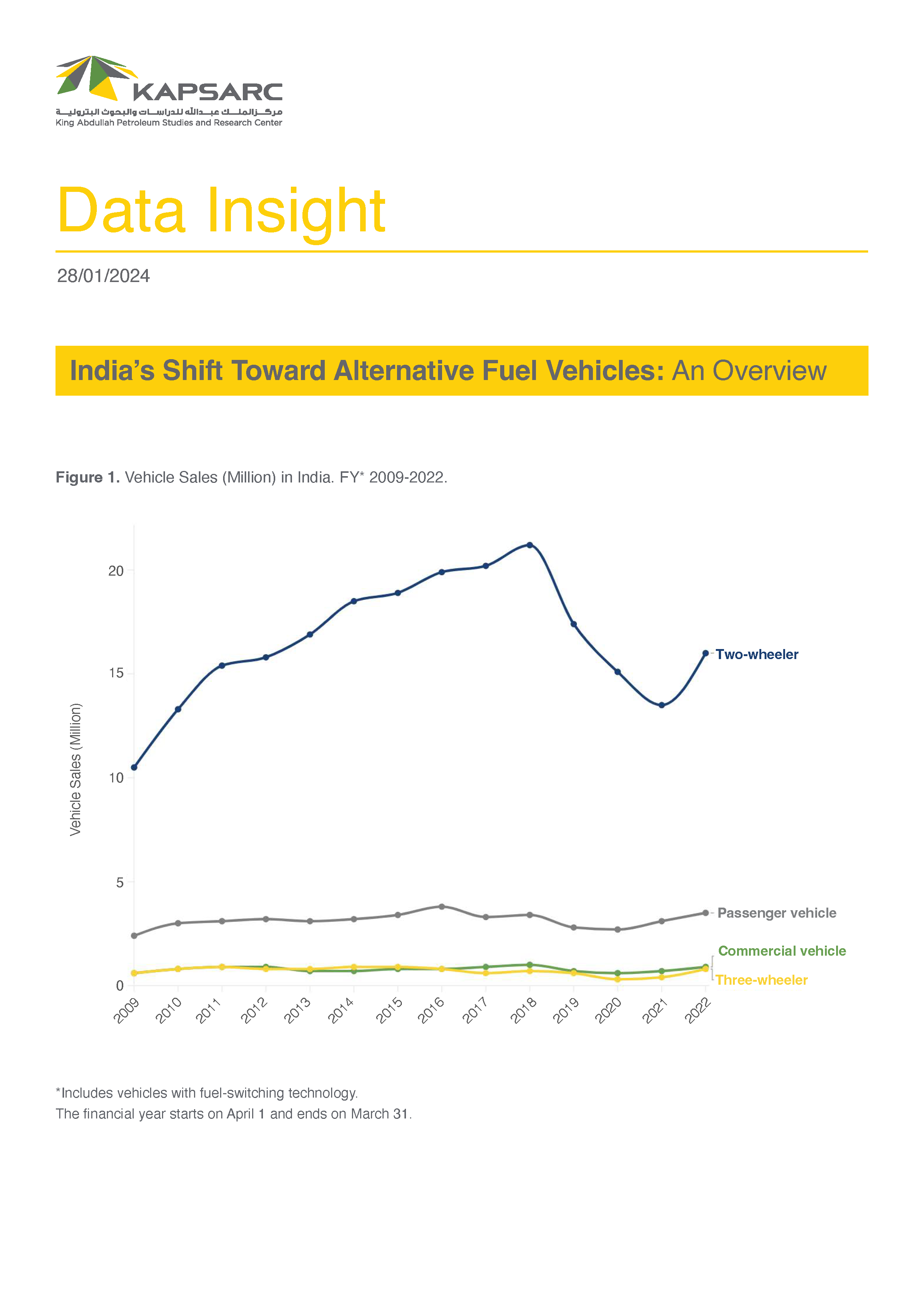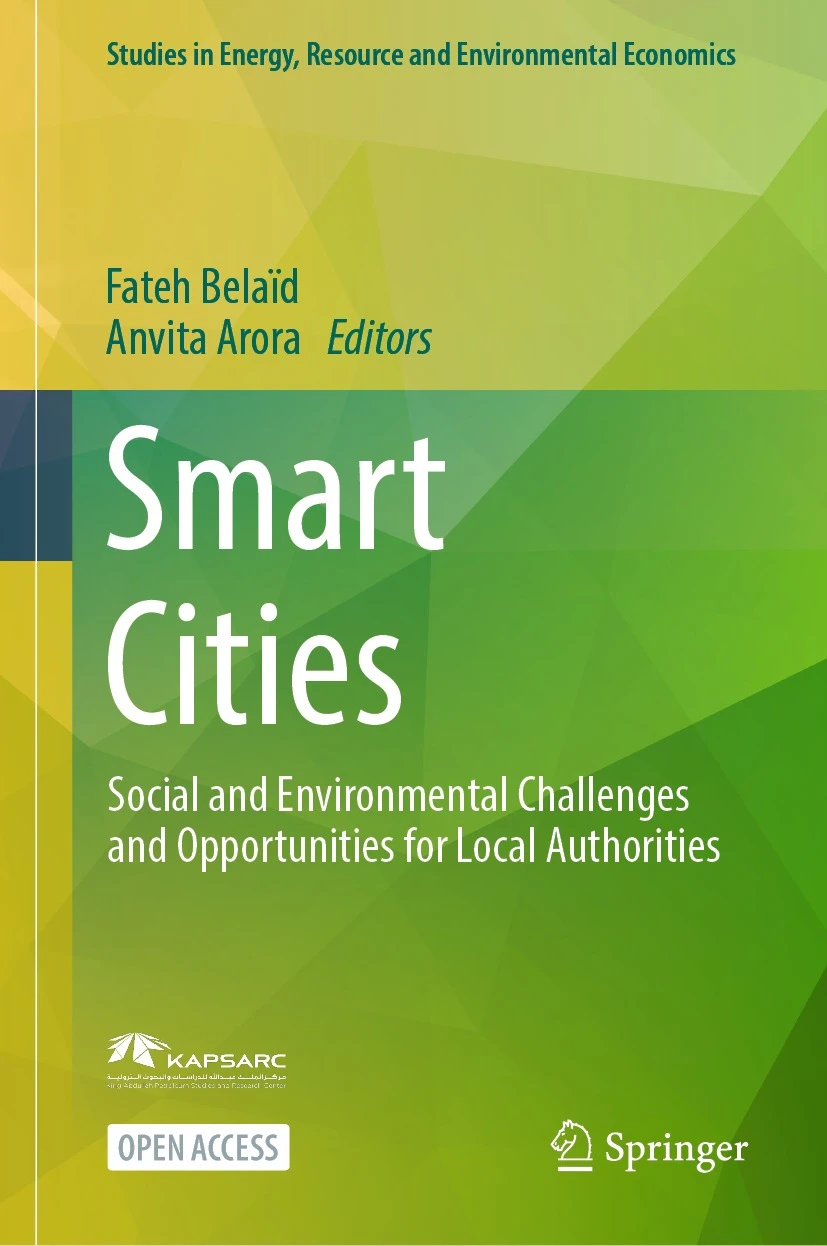India’s greenhouse gas emissions have grown along with its rapid economic growth, making it the world’s third-largest emitter after China and the United States. Under the Paris Agreement, India has committed to reduce its emissions intensity relative to its GDP by 33-35% by 2030, compared with its 2005 level. In this study, we assess the evolving political will to enhance India’s stated commitment to combat climate change.

Senior Research Associate
As a senior research associate in the Climate and Sustainability program, Aljawhara focuses on research and advisory projects that are…
As a senior research associate in the Climate and Sustainability program, Aljawhara focuses on research and advisory projects that are centered around public policy, development, and sustainability. Aljawhara holds a master’s degree in policy management from Georgetown University and a Bachelor of Business Administration from Alfaisal University. She also holds a public leadership credential from the Harvard Kennedy School. During the Saudi G20 Presidency, Aljawhara coordinated one of the 11 Think 20 (T20) task forces that produced policy solutions to a wide range of challenges presented by the COVID-19 pandemic. Prior to joining KAPSARC, she interned at KPMG’s Deal Advisory unit, where she worked on developing public-private partnership models for public sector clients.
Expertise
- Public Policy
- Development and Sustainability
Publications See all AlJawhara Al Quayid’s publications
Ensuring An Equitable Pandemic Response: Lessons Learned from Covid-19
India’s greenhouse gas emissions have grown along with its rapid economic growth, making it the…
12th October 2020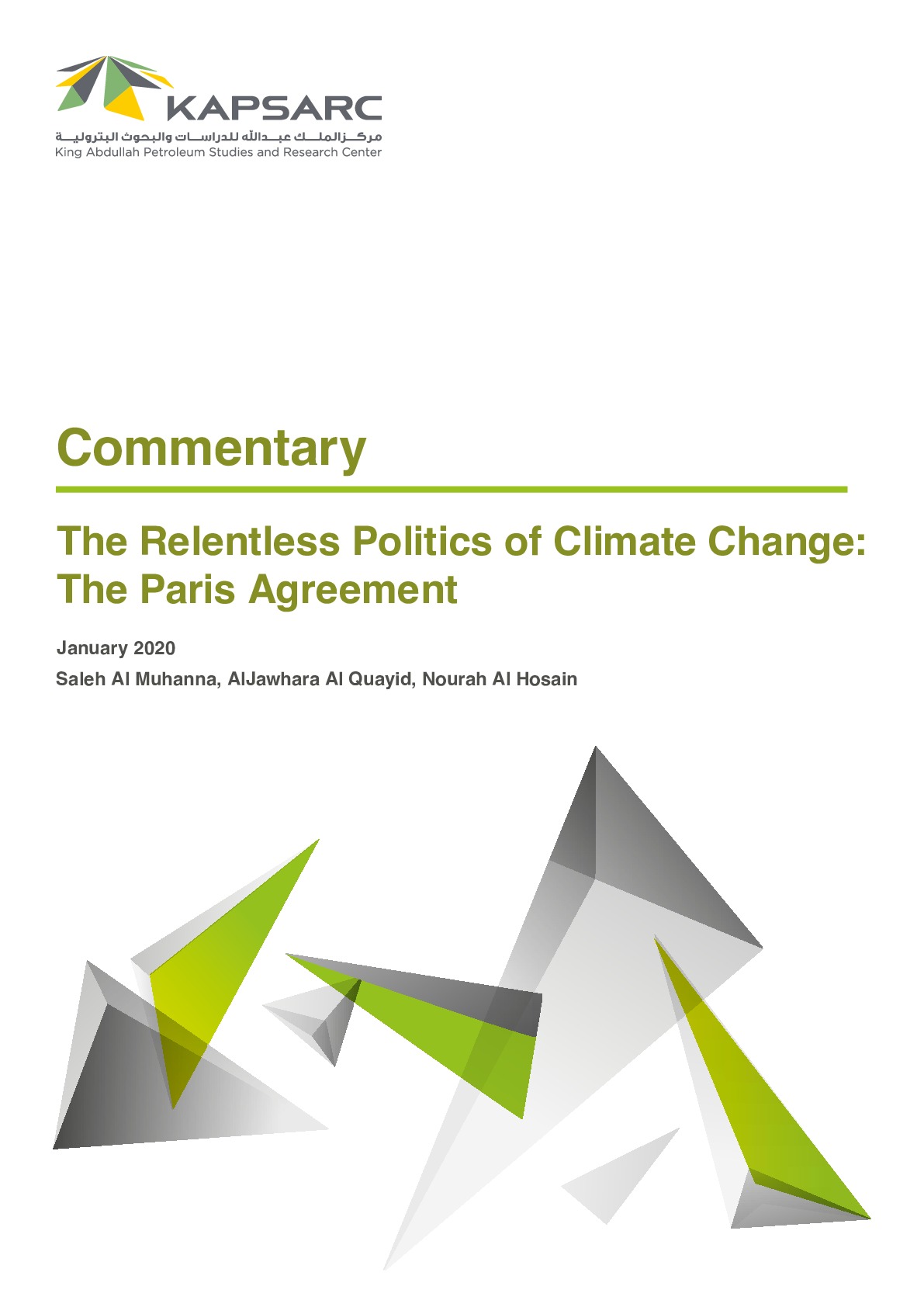
The Relentless Politics of Climate Change: The Paris Agreement
India’s greenhouse gas emissions have grown along with its rapid economic growth, making it the…
19th March 2020

